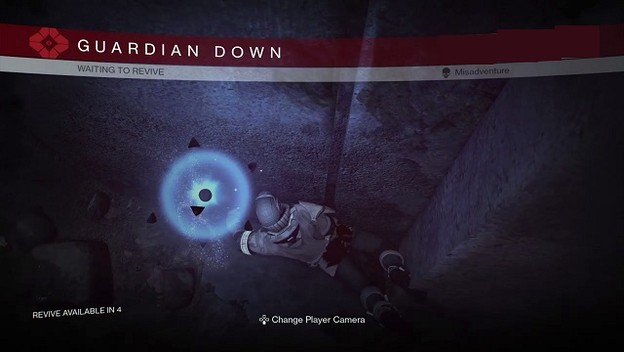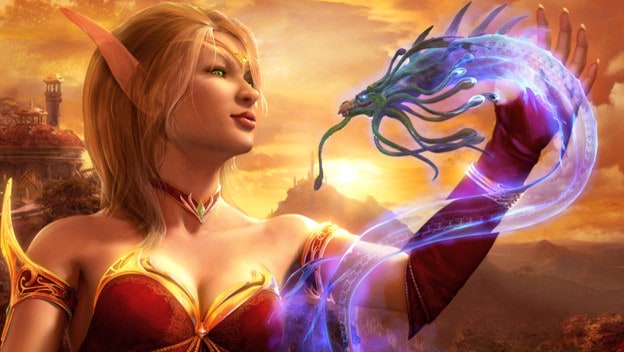As an MMORPG veteran, I feel a certain sense of schadenfreude as I watch big publishers learn just how difficult it is to keep a big online game running successfully. You can see it in several recent headlines – The Division has a major new patch, and it’s a broken mess. Destiny finally has a big update, the first since The Taken King launched last fall, but it doesn’t seem like it has enough new content for bored veterans. I have to wonder – even with years of development, did Bungie/Activision and Ubisoft underestimate just how much of a challenge these online undertakings would be?
I feel bad for Bungie in particular. Destiny is being published by the same company as World of Warcraft , after all, and that comes with certain expectations for playerbase size and profitability. It just doesn’t seem like Bungie was prepared to pump out the amount of content demanded by the kind of dedicated players that the genre attracts. It doesn’t help that we’ve heard that the Destiny engine is a real pain to work with, slowing the pace of new content development to a crawl. That’s a mistake that any company going into massively multiplayer games shouldn’t be making. A flexible, fast engine is an absolute must.
Then there’s Ubisoft and its Division bug issues. The company has a long history of launching online experiences without the proper infrastructure – just ask anybody who has been forced to use UPlay on PC or has tried to use the AC Initiates website. I was fully expecting The Division ‘s servers to immediately turn into a giant tire fire at launch, and was impressed by how smoothly things had actually been going… until the latest patch. Now I’m wondering if Ubisoft has again underestimated the amount of time and effort it needs to put into QA before launching something, particularly online. How long will it take Ubisoft to fix these bugs? Hopefully less time than it took to sort-of fix Assassin’s Creed: Unity .
I feel like there’s one thing companies always underestimate when it comes to online games, and that’s the people who play those games. MMO players are some of the most demanding customers in the gaming industry. They spend inordinate amounts of time and money on one single title, and they expect a steady stream of bug-free content in return. And those are the good customers. Companies also have to be prepared to deal with griefers, exploiters, and real money traders – and do it quickly and effectively, lest they get out of control and drive everybody else away. The Division has been playing exploit whack-a-mole since launch, and seems to be losing that battle.

There’s a reason we’ve been seeing fewer and fewer big MMORPG launches every year. Persistent-world games have a lot of potential, but carry some huge risks. You have to be a powerful, wealthy company to do them right, and even then, you have to learn from the mistakes of the past. It doesn’t matter if big online games are RPGs, shooters, or racers, as companies have been learning this generation. They’re expensive, they take far more time and resources than most other types of games, and they attract players with extremely high expectations. We’ll see if Bungie can adjust to these challenges and be given a second chance with Destiny 2 , but Ubisoft still has time to make The Division last. The company is just going to have to adjust to the fact that MMOs are hard , and throw a lot more resources its way.
